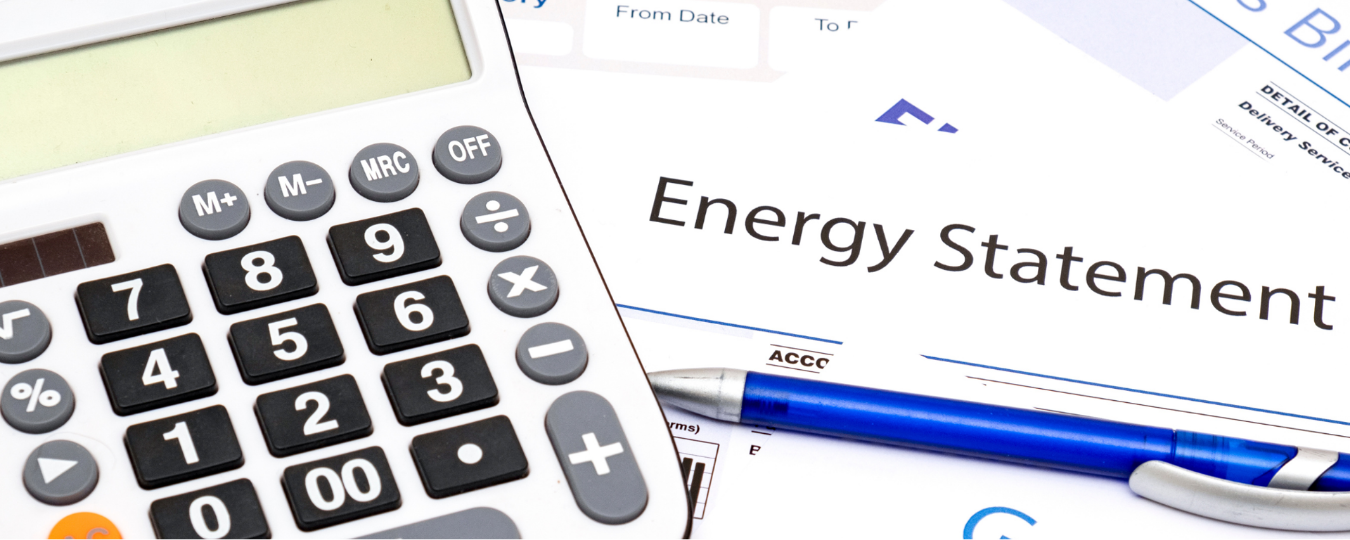Reduce Your Energy Bills

Along with new taxes and charges, the ever-increasing cost per unit for energy is putting Irish households' budgets under strain. Here are some ways to maximise your energy efficiency and greatly reduce your energy bills.
Swap Light Bulbs
Replacing your standard light bulbs with energy efficient alternatives, such as compact fluorescent lamps (CFL), LED or halogen bulbs, will save you money in multiple ways. They can cost slightly more to buy than conventional incandescent bulbs but they will last up to 10 times longer. They use just one-fifth to one-third of the power that standard bulbs use, without compromising on the brightness or quality of the light produced. Rather than the large cost of replacing all of your incandescent bulbs at once, why not try replacing old bulbs as they expire as a more affordable way to gradually lower your energy consumption.
Note: energy efficient bulbs have improved a lot in recent years. Most CFLs now reach their maximum brightness in just a few seconds, and LEDs are instant.
Tip: look at the lumens not the watts on energy efficient light bulbs; it is a measure of their brightness.
Switch Off & Unplug
Avoid leaving lights and appliances turned on, in standby mode or even plugged in when they’re not in use. Avoiding standby mode will cut the appliance’s energy use by up to 20%. Even when an appliance is turned off but still plugged in, it could be in a hidden standby mode, secretly adding to your bills. Lights usually account for 20% of a typical home’s electricity costs, and along with appliances they make up a considerable chunk of your bill. Turn off and plug out to achieve long-term savings.
Tip: if you tend to leave lights on for security when you’re not home, consider some of the great automatic timers that are available for this purpose.
Turn Down to 30
By choosing a programme on your washing machine with a temperature no higher than 30 degrees Celsius, you will use up to 40% less electricity. If the laundry is heavily soiled, use a biological detergent for an effective clean in a cool wash.
Fully Loaded
Only switch on appliances such as dishwashers and washing machines when they are fully loaded. Otherwise you are using the same amount of power for less productivity. This does not apply to kettles however, you should only put in the amount of water you want boiled - as long as the elements are covered.
ize Matters
Do you really need that jumbo sized refrigerator, dishwasher or washing machine? Many people are unaware that energy ratings take into account the size and energy requirement of the appliance, i.e. an A-rated small appliance and an A-rated large appliance may use vastly differing amounts of energy. Therefore it is worth considering what size you really need before purchasing new appliances.
Replace Old Refrigerators
In recent years, drastic improvements have been made in the energy efficiency of refrigerators. Take advantage of this to further reduce your energy costs by replacing your old fridge with a newer and more efficient model.
Install a Water Butt
Watering your plants and garden with tap water is wasteful and only adds to your bills and water charges. A water butt is a simple device you can install outside your home to store the rain water that runs from your down-pipe for your use as you need it.
Compare Prices
Thankfully energy supply has become a more competitive market in Ireland. You should benefit from this by comparing the price you are currently paying against those offered by alternative suppliers in the market. Continue to check your bill for price hikes and opportunities to save, and never stop comparing.
More Quick Tips to Reduce Your Energy Bills
- Use the shower instead of the bath and replace your shower head with an aerated version to save even more.
- Defrost your refrigerator and freezer every six months.
- Insulate your tank, pipes and attic.
- Put a lagging jacket on your water cylinder.
- Put a chimney balloon in your chimney when it’s not in use.


Leave a Comment